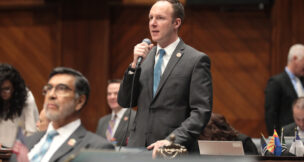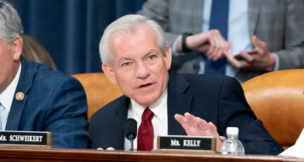GOP seeks to rein in state spending with myriad proposals
Luige del Puerto//March 19, 2012//
The Republican-controlled Legislature is advancing a slew of measures that ultimately aim to limit spending by state government. Efforts to cap spending aren’t novel, but the economic downturn and the...













































